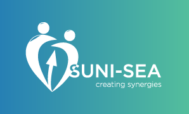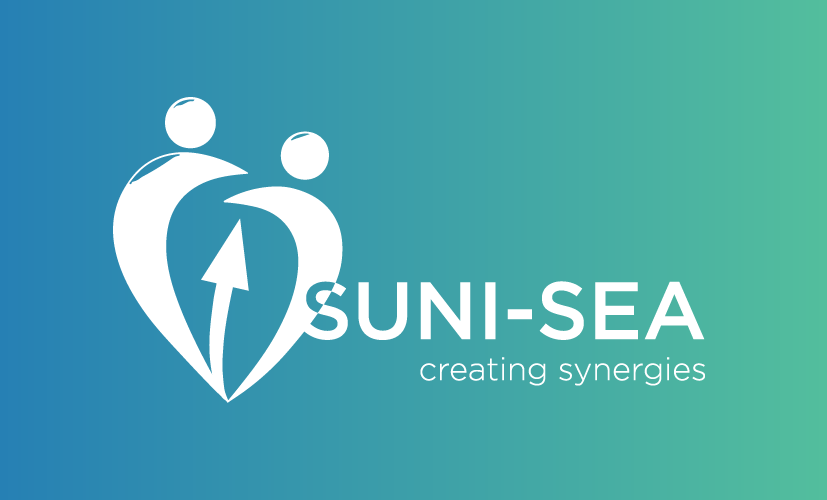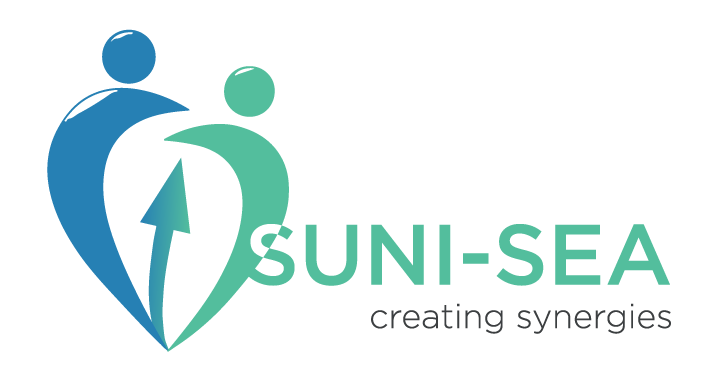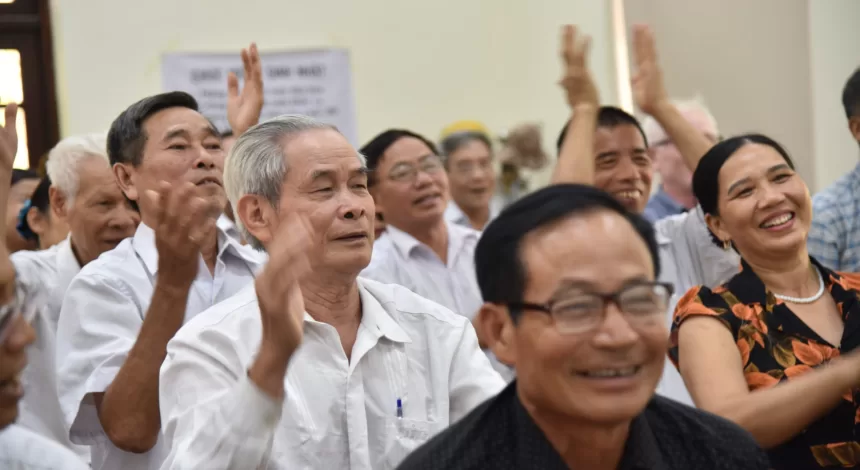The Intergenerational Self-Help Club (ISHC) is a community-based organisation model with eight diverse activities to meet the different needs of its members. ISHCs in the ‘Scaling-Up Non-Communicable Disease Interventions in Southeast Asia’ (SUNI-SEA) in Vietnam not only focus on healthcare activities but also ensure that members have access to variety of activities the club has to offer. Many clubs emphasise on the importance of economic development, mobilising external resources to help the club to grow, and assisting the Club Management Board to have more funds to invest in healthcare activities and other activities for club members and disadvantaged people in the community.
 Gia Thuong ISHC located in Gia Hoa commune, Gia Vien district, Ninh Binh province actively sought and mobilised the support of local authorities, community members and benefactors in the area. Mr. Dinh Trong Mai – Chairman of the club, together with the Club Management Board, did not hesitate to bring along the Golden Heart Book to each household with children working away from home, then to departments, government offices, local authorities, factories, enterprises in the area to share with them about the meaningful activities of the club.
Gia Thuong ISHC located in Gia Hoa commune, Gia Vien district, Ninh Binh province actively sought and mobilised the support of local authorities, community members and benefactors in the area. Mr. Dinh Trong Mai – Chairman of the club, together with the Club Management Board, did not hesitate to bring along the Golden Heart Book to each household with children working away from home, then to departments, government offices, local authorities, factories, enterprises in the area to share with them about the meaningful activities of the club.
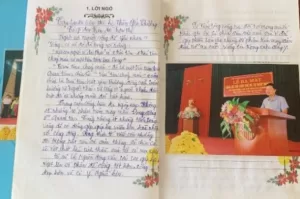
There were individuals who donated a few thousand dong, a few hundred thousand dong, but there were also few companies/factories that supported the ISHC in a sizeable amount. There was a donor from the Southern area who is the son of one club member, after hearing about the meaningful activities of the club, he donated many uniforms for the club as well as sport and cultural outfits. All those supports were recorded by the Club Management Board into the Golden Heart Book. In addition, Mr Mai and the Club Management Board also called all club members to join the collective income-generating activity through rice farming in more than one acre land. The yields were contributed to the club fund and use to serve communal activities.
Gia Thuong ISHC had collected a total of nearly 90 million Dong (3,829 EUR) from donors and collective income-generating activities. The club has added 58 million Dong (2,468 EUR) to the income-generating fund, increased the total income-generating fund to 90 million Dong (3,829 EUR). Ten club members were allowed to borrow from this fund for their own economic development with 1% monthly interest. The Club Management Board decided to spend the rest of the funds to support ISHC activities such as buying some equipment for physical exercise, organising exchanges and visits for club members, helping some people in need in ISHC and in the community, for example. Such activities help the club members to be taken care of, be happier, improve their quality of life with physically and mentally, and have trust in the leadership of the Gia Thuong Club Management Board.
The health sector and Associations of the Elderly at all levels highly appreciated the activities of the Gia Thuong ISHC. This exemplary case demonstrates how ISHC sets a proactive example in resource mobilisation to support their own club, serving as a valuable lesson for other clubs to learn from.
